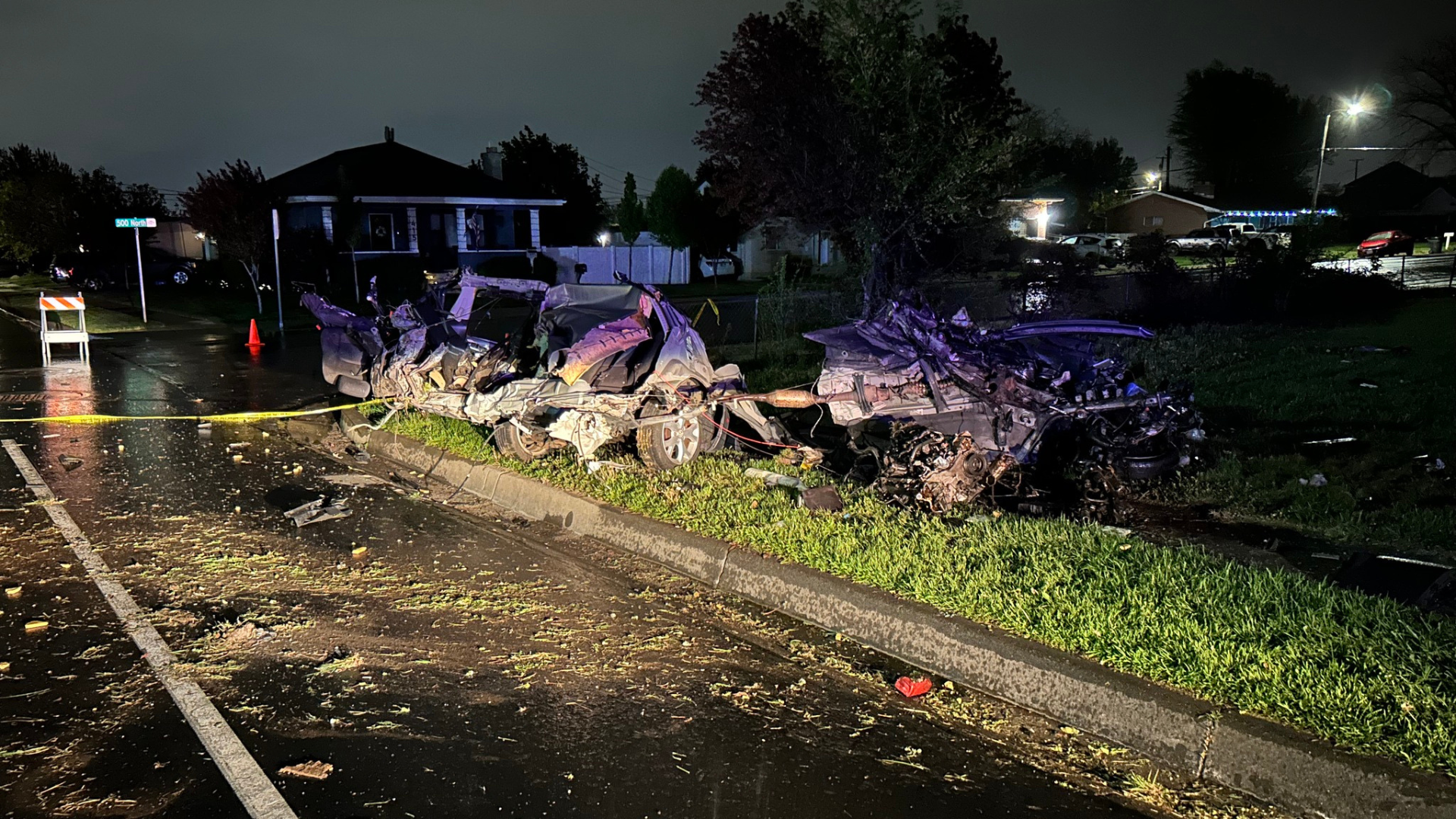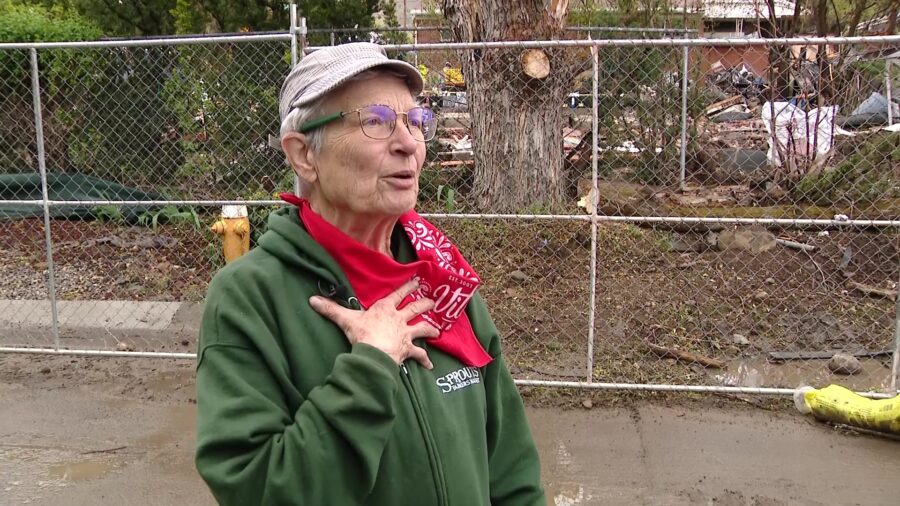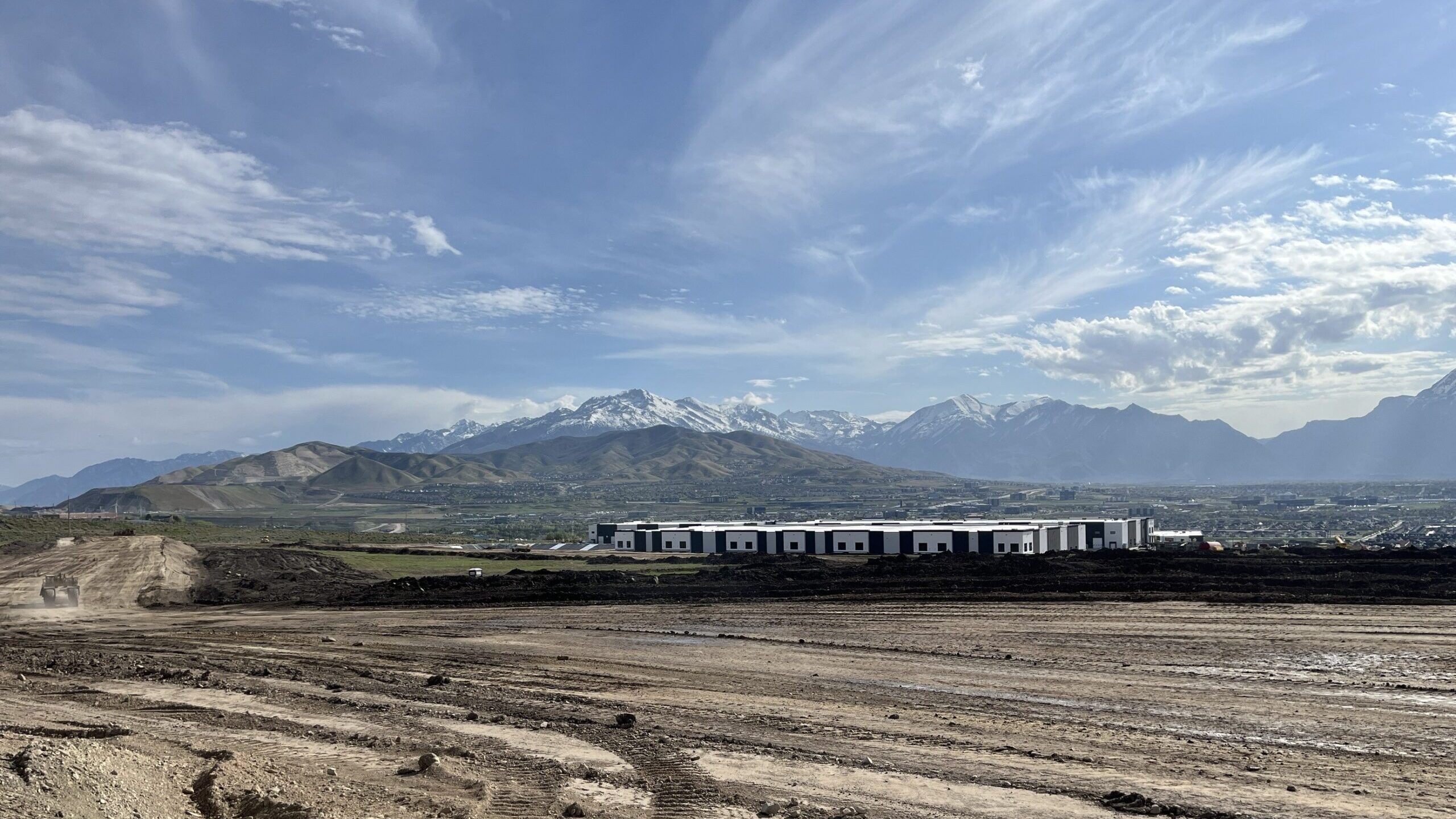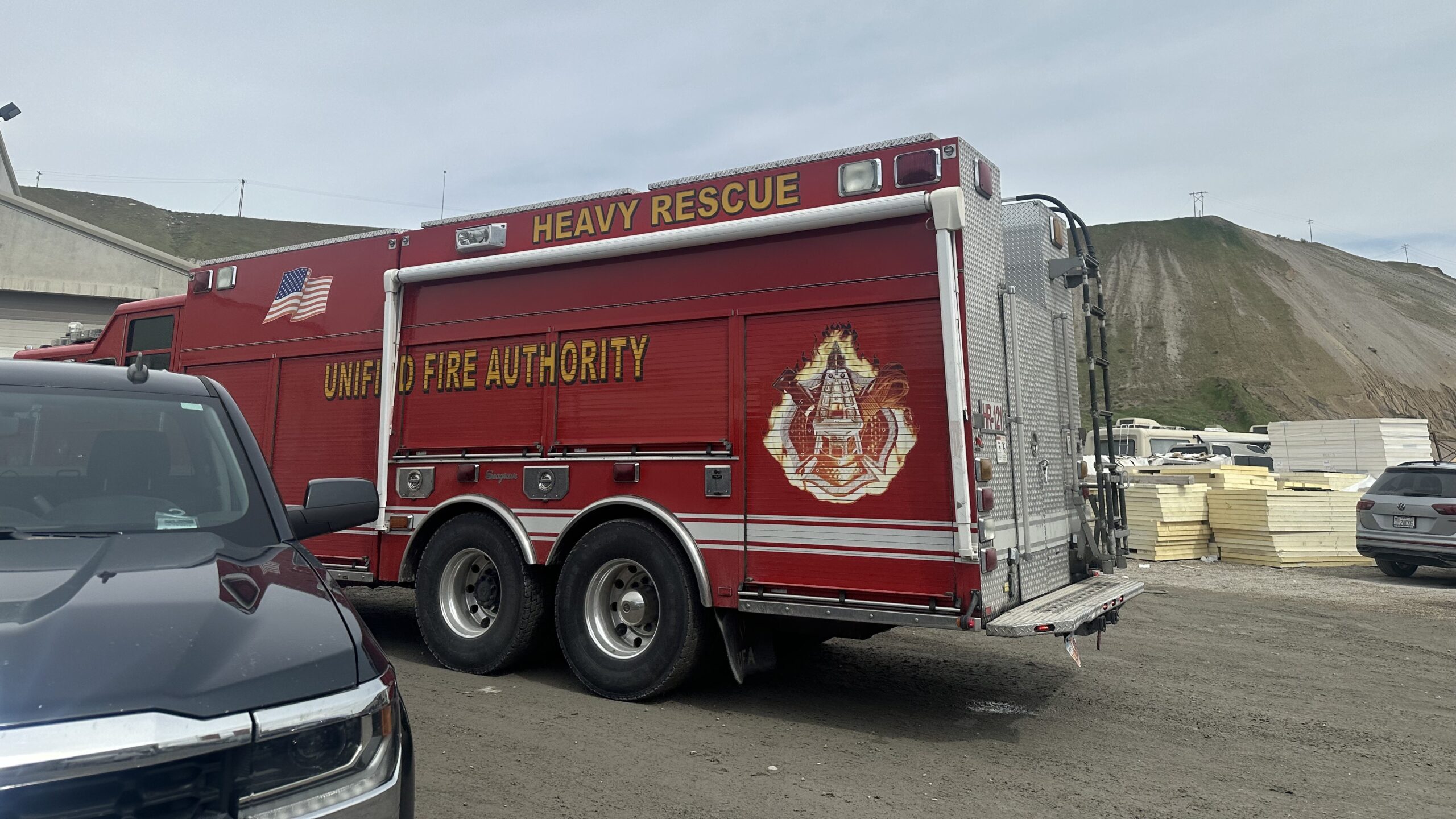Recent bear attacks have Utah wildlife officials urging preparedness and caution
Oct 24, 2022, 2:00 PM
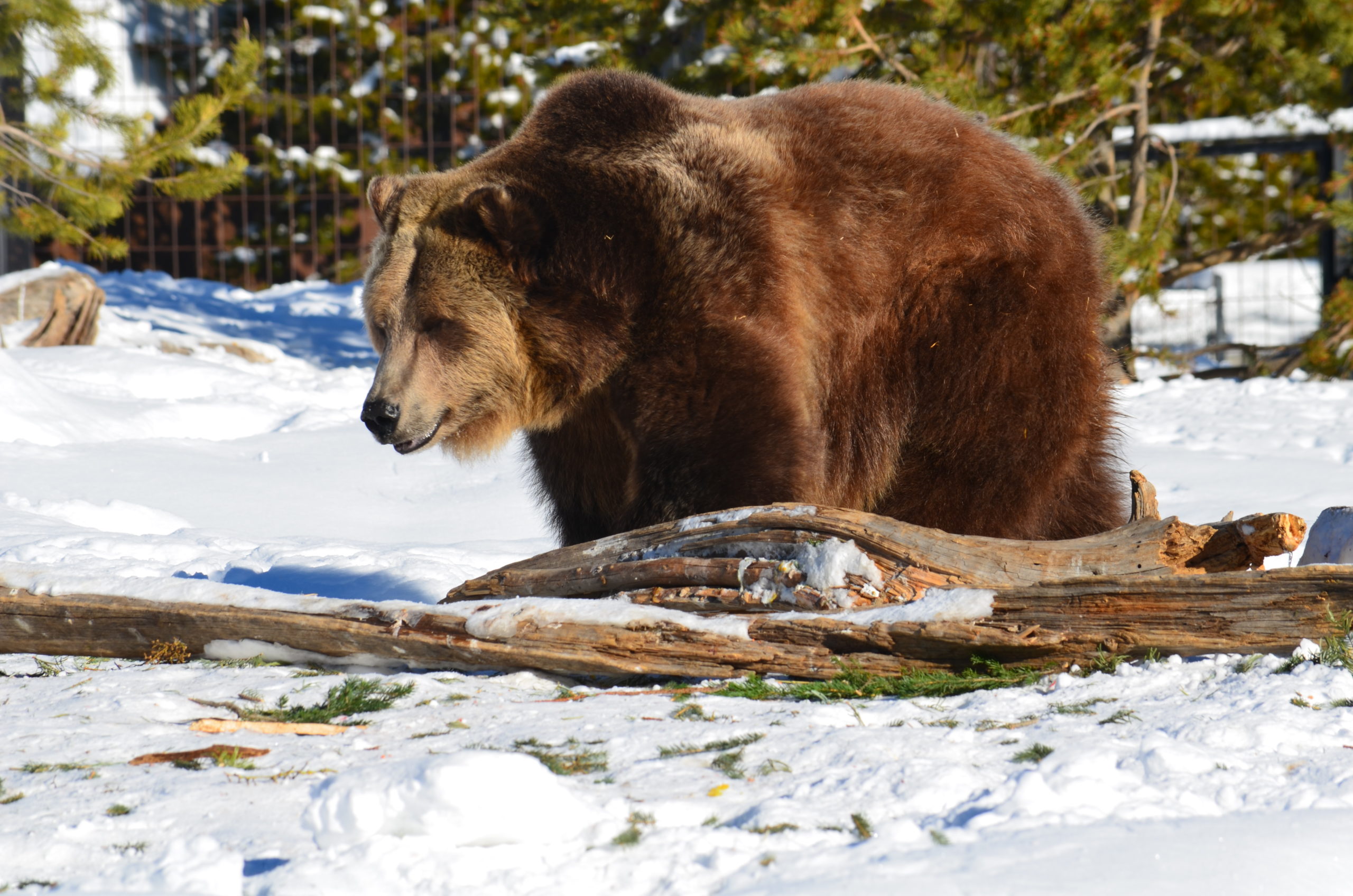
A hunter is recovering in a Utah hospital after being attacked by a grizzly bear in WY. The attack happened on Friday, Oct. 21. (Thomas Hollenhorst /Deseret News)
(Thomas Hollenhorst /Deseret News)
SALT LAKE CITY — Wildlife officials are reminding people to be prepared after two recent grizzly bear attacks in Wyoming.
“The last thing you want to do is surprise a bear, you want to let them know you’re coming, ” said James Brower, Regional Communications Manager for the Idaho Fish and Game Upper Snake Region, and head of the regional Bear Aware program.
Brower gave some tips on how to prepare for bear country:
- bring bear spray and have it within reach,
- travel in groups of three or more and talk normally to create noise,
- and travel during the day when bears are less active.
During late October, bears are going through a phase called hyperphagia, during which the bears will eat and drink nearly nonstop. The National Park Service said bears are very active during this time. According to Brower, during hyperphagia bears are trying to consume as many calories as possible.
“So this time of year, grizzly bears can be foraging for food around 20 hours a day. They’re pretty active … trying to find food to last them through those winter months as they head to hibernation.”
The bears will enter a period of hibernation by the end of October or early November when snowfall makes foraging for food more difficult.
And while there are no grizzly bears in Utah, black bears are native to the state. They are not known to kill humans, although encounters with them may become more frequent because of ongoing drought conditions. The North American Bear Center says most black bear attacks are defensive in nature.
Don’t feed the bears
It is important to remember not to feed grizzly bears, or any bear, at any time of the year. By eating food meant for humans, food that is naturally available to bears can become less preferable.
And, by eating human food, bears can also become more accustomed to humans.
The best practices for storing human food while camping include using a bear canister, closing that canister between each use, and cooking and eating meals 200 feet away from your tent.
How to protect yourself
Maintaining distance from bears is the best way to prevent an attack. If you happen to see one, change your direction or back away slowly. The bear may notice you and do nothing, and if that is the case keep an eye on it but continue on your way.
Don’t climb a tree or run, the bears can climb and run faster than humans.
If the bear approaches you, stand your ground and speak loudly. Group together with others to appear larger, and throw rocks or sticks at the bear if possible. The Utah Division of Wildlife Resources says people have successfully fended off bear attacks using rocks, sticks, water bottles, backpacks, and even their hands and feet.
If you are ever attacked by a grizzly bear, Brower says you can attempt to defend yourself by:
- laying flat on your stomach and spreading your legs outward (this protects vital organs more vulnerable from the front);
- covering the back of your neck;
- flipping back over to your stomach if the bear flips you on your back; and
- getting help after the bear has left.
Related reading:
- Utah drought making encounters with black bears more likely
- Black bear captured in Morgan County
- Grand Teton National Park reports first grizzly bear sighting of 2022
- What to do in a bear attack? Don’t push your slower friends down in attempts of saving yourself, says the National Park Service


